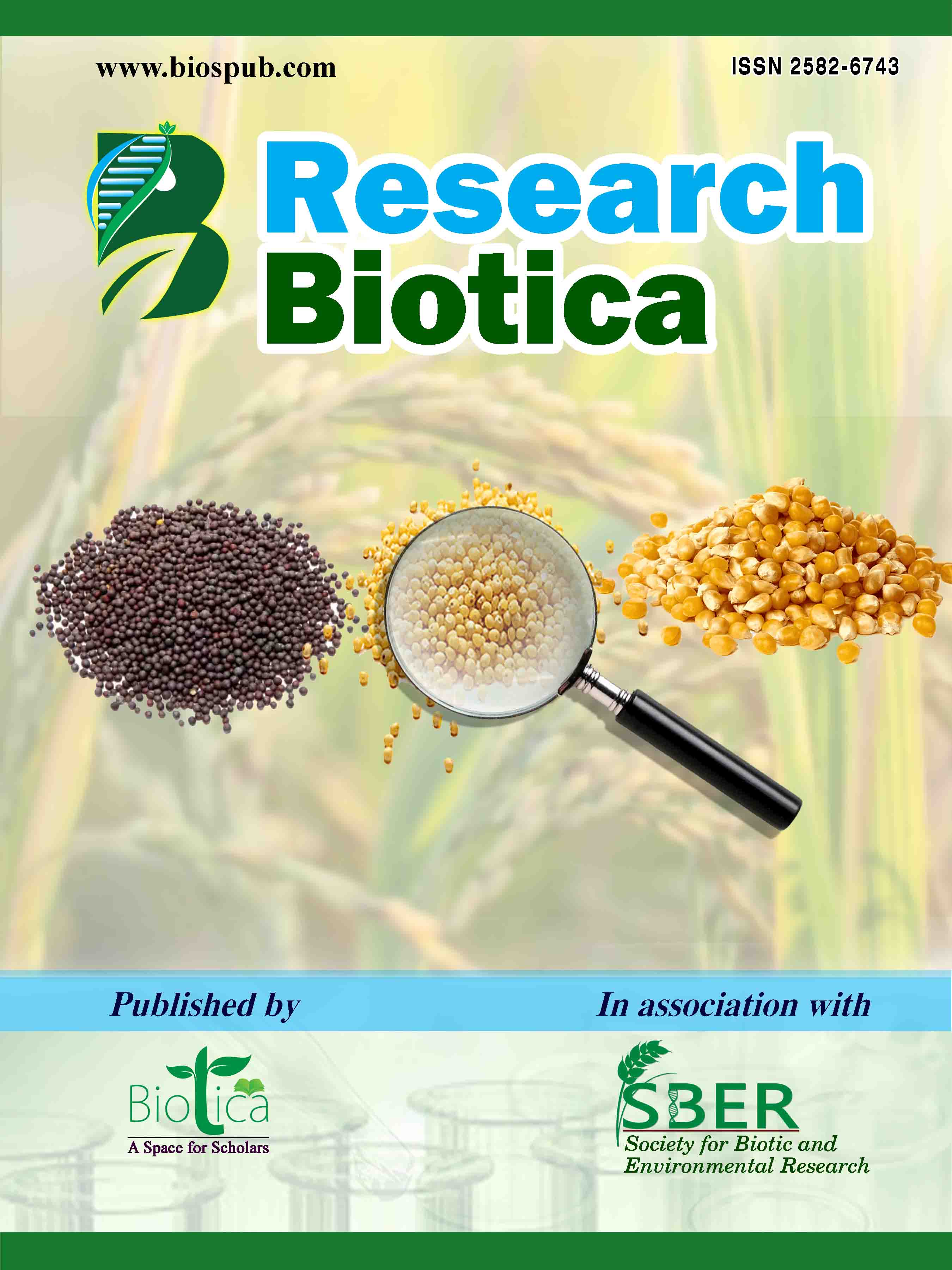Watermelon Snow - An Alarm of Climate Change
Keywords:
Chlamydomonas nivalis, Red blood snow, Sea-level rise, Watermelon snowAbstract
"Watermelon snow" or "Glacier blood" or "Red snow" refers to red-colored snow, caused by bloom of cold-adapted phototrophs, so-called snow algae. Red snow algae- Chlamydomonas nivalis, commonly cause these red snows. The pigment responsible for the red color of adult C. nivalis cells is the secondary carotenoid astaxanthin and its fatty acid ester derivatives. Other causative algal blooms also recently regarded Sanguina sp., which causes unusual orange snow, was also found in Svalbard. The recent researchers found forms of Sanguina sp. algae that cause red snow samples from Europe, North America, and South America along with both Polar Regions. The red snow raises concerns about the rate at which the glaciers will melt away and eventually affect sea-level rise. It was suggested that glaciers should be careful because it absorbs more heat, resulting in which it melts faster.









 |
|